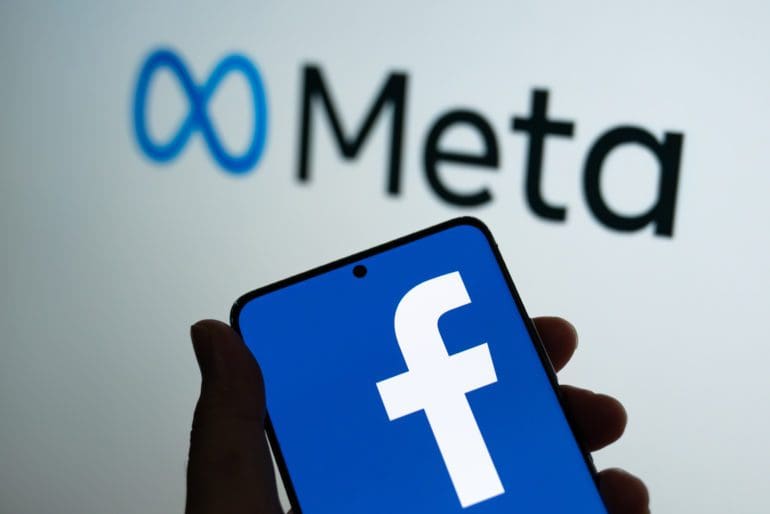After the market closed on Monday, earlier rumors were confirmed when the Diem Association released a statement from CEO Stuart Levey announcing the crypto project would sell its assets to Silvergate Capital Corporation.
“From the outset, the Diem project has been focused on leveraging the benefits of blockchain technology to design a better and more inclusive payment system. The members of the Diem Association and our outstanding team pursued this vision with determination and perseverance,” Levey said in the release.
“Despite giving us positive substantive feedback on the design of the network, it nevertheless became clear from our dialogue with federal regulators that the project could not move ahead. As a result, the best path forward was to sell the Diem Group’s assets, as we have done today to Silvergate.”
Silvergate, a US-based crypto bank that first partnered with the Facebook venture to create a stable coin last May, said in a release they paid $182 million for the operations infrastructure and “tools for running a blockchain-based payment network.”
“In the digital asset industry, money moves across the globe around the clock,” Alan Lane, Silvergate CEO, said in the release. “Through conversations with our customers, we identified a need for a US dollar-backed stable coin that is regulated and highly scalable to further enable them to move money without barriers.”
Lane said that Silvergate is “committed to continuing to foster the open-source community that supports the technology, and we believe that existing contributors will be excited about our vision going forward.”
Long time coming
The move came as a dramatic upset to Meta’s Ready Player One reality plans when most metaverse-inspired conversation revolves around the blockchain and crypto. Ever since the social media giant (known as Facebook by oldtimers) first announced plans for a crypto project in 2019, regulators worldwide gave pause.
Initially allied with PayPal, eBay, MasterCard, and other financial giants, the Libra project and its Swiss-based organization quickly came under fire. The world was less than thrilled with the dominance of the Facebook ecosystem and not ready for a tech giant proprietary currency.
After pivoting like the best of us in 2020 and 2021, the new project called Diem was announced: a vision for a stable coin hedged to government assets like the US dollar was announced through a partnership with Silvergate.
That, too, faced lawmaker scrutiny, as crypto regulation became more than just murmurs in the house and senate. In August, Facebook announced Novi, an upcoming digital wallet for the yet-to-mint Diem coin, among other tenders.
Well that Zucks
In the fall, lawmakers and regulators within the Biden Administration voiced their concerns that cryptocurrency and stable coins, in particular, needed more oversight.
Facebook (then recently renamed Meta) was also facing whistleblower inquiries into its social media practices and taking a hit for an outage that saw its services go offline for half a day. Billions were shut out from services right as the firm argued before the FTC it was not a monopoly and its payment system Novi went offline.
Since then, scores of crypto and tech experts have been jumping ship, most notably Diem project creator David Markus, and the writing was on the wall. At the same time, other companies, like community banks and central banks, started minting their own stable coins or central coin digital currencies without much of a stir. At the beginning of the new year, while stocks in general, alongside crypto, slid heavily, rumors from Bloomberg whispered Diem was done.
Still, Levey finishes out his leadership Monday, remaining confident in the face of regulatory adversity.
“We remain confident in the potential for a stablecoin operating on a blockchain designed like Diem’s to deliver the benefits that motivated the Diem Association from the beginning,” Levey said in the release.
“With today’s sale, Silvergate will be well-placed to take this vision forward. Over the coming weeks, the Diem Association and its subsidiaries expect to begin the process of winding down, but we look forward to seeing the design choices – and the ideals – of Diem thrive.”


